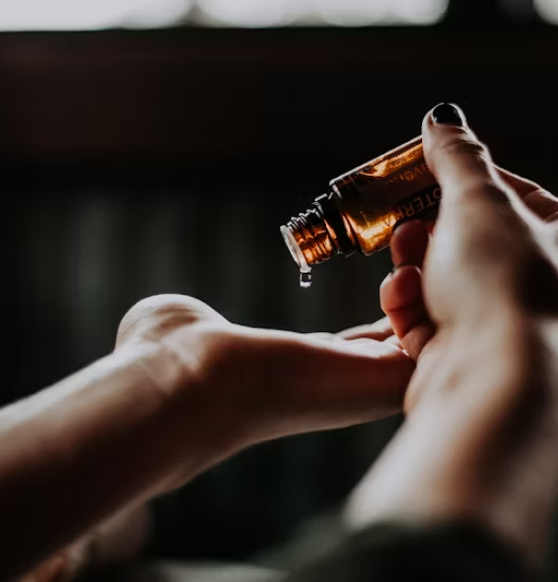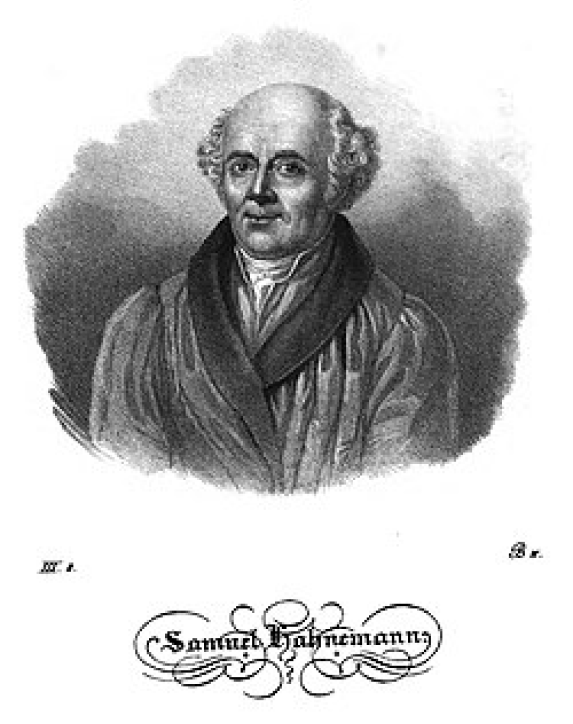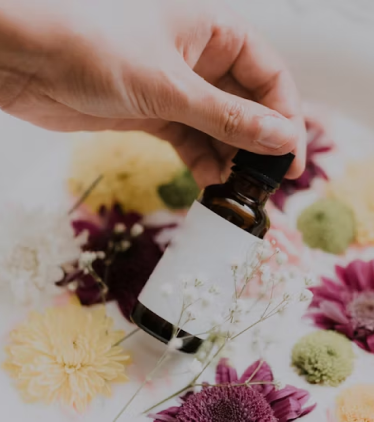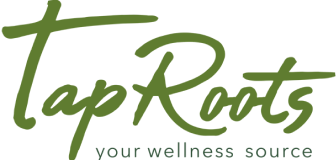What is Homeopathy?
Homeopathy is a unique system of medicine that differs significantly from conventional (allopathic) medicine.
Its mission is to treat the whole person, not just the symptom, by strengthening the body's own defense mechanisms and stimulating the natural healing process.
Homeopathic medicines, made from plants, minerals, and other natural resources, address physical, mental, and emotional symptoms, treating individuals as a whole.


How Does
Homeopathy Work?
Homeopathy works on the entire system rather than just targeting specific symptoms. By locating the root of health issues, homeopathic treatments can reverse them naturally.
This approach can treat many chronic and acute diseases, offering a more holistic solution compared to conventional methods that often focus on managing or suppressing symptoms.

The Origins of
Homeopathy
The term "homeopathy" is derived from the Greek words "homeo," meaning similar, and "patheos," meaning suffering. Hahnemann's principle of "like cures like" forms the foundation of homeopathy: substances that can produce a set of symptoms in a healthy individual can treat a sick individual exhibiting similar symptoms.
Dissatisfied with the conventional medicine of his time, which he felt often did more harm than good, Hahnemann sought a safer and more effective alternative.
Dr. Samuel Hahnemann, a German physician, developed homeopathy in 1796

New to
Homeopathy?
You don't need to be a physician or an expert to start using homeopathy. Begin by carefully observing your symptoms and choosing a remedy that matches your condition.
Many of us have turned to antibiotics, steroids, or over-the-counter creams for acute problems, only to face side effects like upset stomachs, diarrhea, allergies, eczema, and bronchitis.
Homeopathy can increase the body’s ability to defeat acute illnesses.
When facing chronic conditions, connect with a professional homeopathic practitioner for support and guidance to restore your body and improve overall health.



